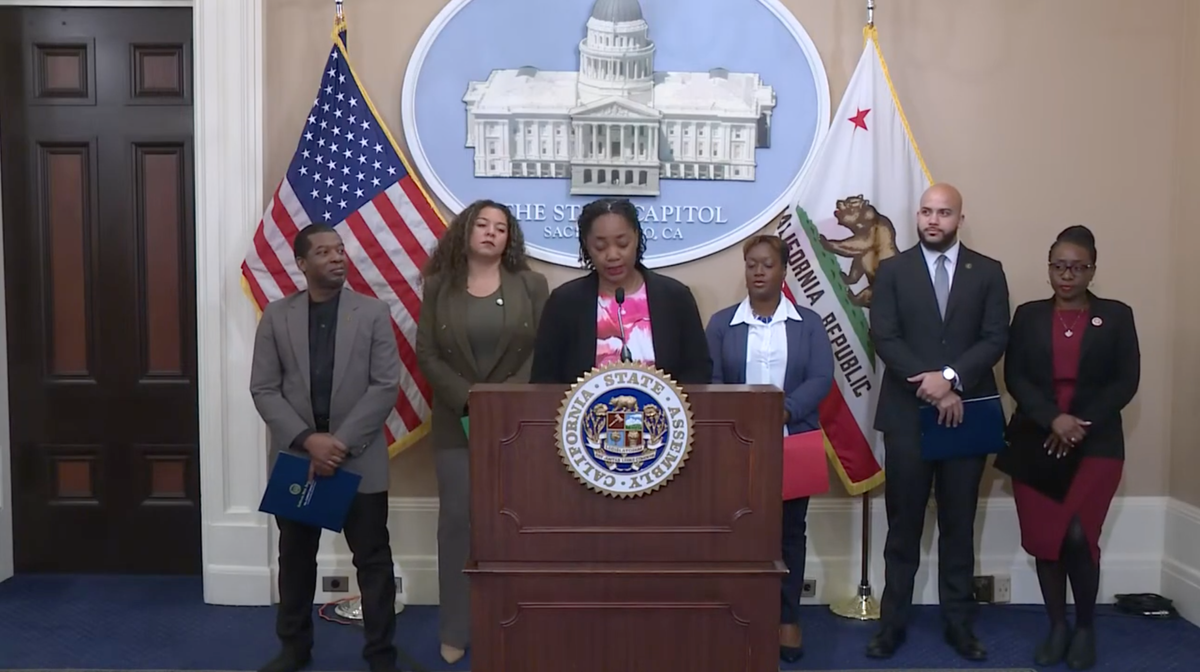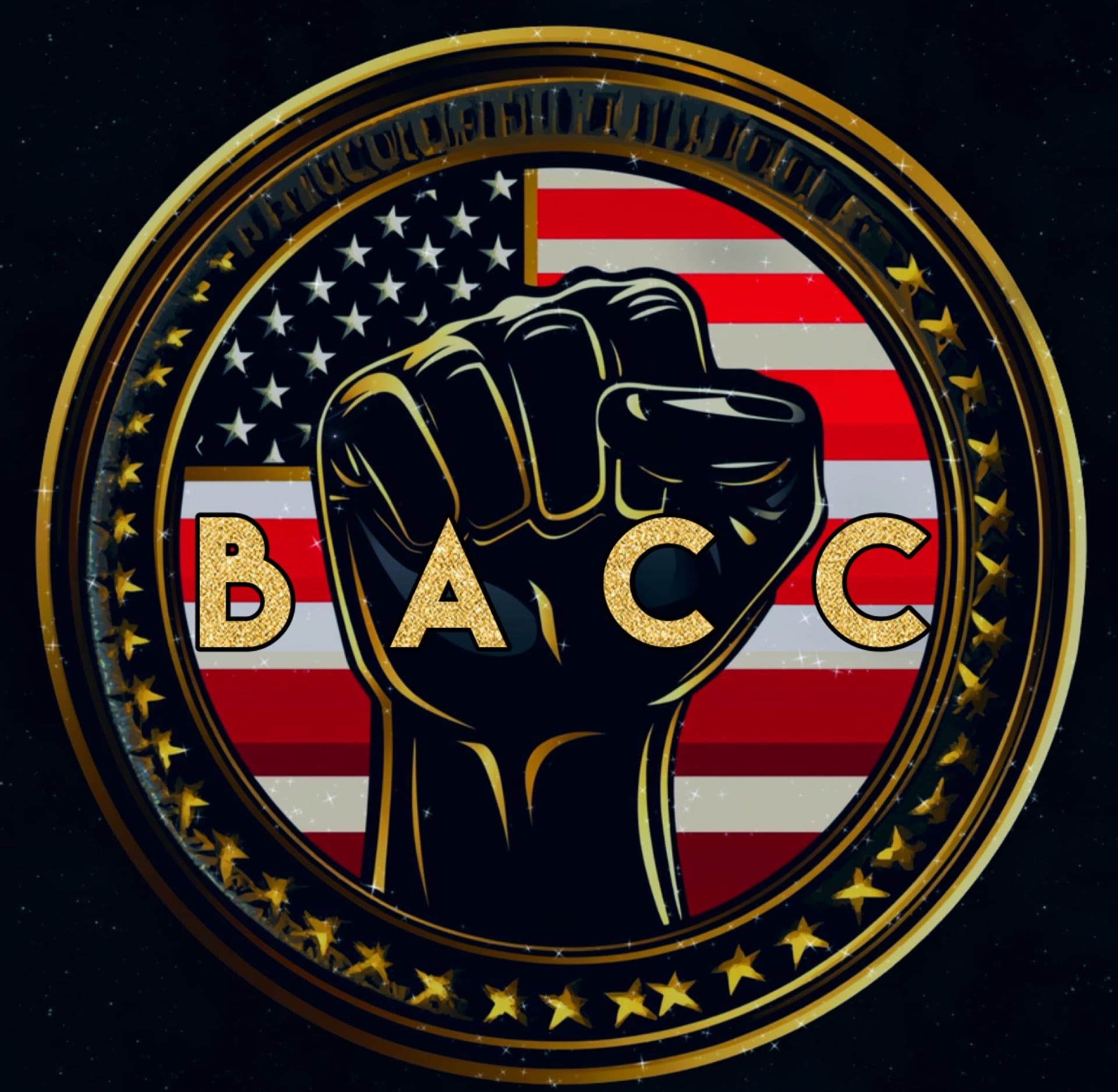The CLBC Fails Again

The California Legislative Black Caucus and the Reparations Charade: A Justice Delayed, A Debt Denied
The California Legislative Black Caucus (CLBC) has once again stepped into the spotlight, reviving the reparations conversation with a fresh round of press junkets. After a disastrous previous year filled with missteps and hollow promises, they are scrambling to regain credibility. But as they pontificate on equity and historical injustices, one glaring omission remains: there is no discussion of actual monetary compensation.
Reparations Without Restitution?
Reparations, by definition, demand tangible restitution—compensation, restitution for stolen wealth, appropriations to address the labor debt owed to the descendants of enslaved Black Americans. Yet, the CLBC’s latest rhetoric is eerily devoid of these fundamental elements. Instead of addressing direct payments or substantial economic programs, they offer a parade of performative gestures and watered-down assistance initiatives that do nothing to close the racial wealth gap.
From workforce training to financial literacy programs, their proposals resemble neoliberal band-aids rather than the structural changes necessary to repair centuries of economic disenfranchisement. These policies do not correct the generational theft inflicted upon Black Americans—they merely create an illusion of action while maintaining the status quo.
A Legacy of Deflection
This is not the first time the CLBC has failed to deliver meaningful progress. Last year, their handling of the reparations issue was nothing short of a political disaster. Their refusal to center the conversation around direct compensation reveals an unwillingness—or an inability—to challenge the political machinery that keeps Black Americans economically disenfranchised.
The frustrating reality is that reparations cannot be reduced to symbolic gestures or vague "equity initiatives." True reparations require direct financial compensation and institutional corrections, including but not limited to:
- Cash payments to eligible Black American descendants of slavery.
- The return of stolen land and financial redress for racist policies that led to Black economic displacement.
- Debt forgiveness and housing subsidies to counteract historical housing discrimination.
- Business grants and tax relief exclusively for Black American communities affected by systemic discrimination.
Why the Silence on Monetary Compensation?
The CLBC’s reluctance to discuss money is not coincidental. California has the financial capacity to provide meaningful reparations, yet political pressures—whether from lobbyists, corporate interests, or broader party agendas—ensure that reparations remain a symbolic performance rather than an economic policy.
By avoiding direct financial compensation, the CLBC keeps reparations in the realm of conversation rather than legislation. Their approach shifts the focus away from justice and instead redirects energy into programs that, while beneficial in isolation, fail to address the core issue: Black Americans are owed a financial debt that must be paid.
Demanding Real Action, Not Optics
It is time for Black Americans to demand that reparations be treated as a financial and economic priority, not as an academic discussion or a PR stunt. The CLBC must be held accountable for their failure to advocate for meaningful reparations. Press conferences and equity summits will not bring justice—only direct compensation and systemic change will.
The choice is clear: either the CLBC stands with Black Americans in demanding real reparations, or they continue to serve as gatekeepers ensuring that justice remains perpetually out of reach. The time for talk is over. It is time for action, or it is time for them to step aside.
Join the Black American Cultural Council. We need your voice to add to our own.





